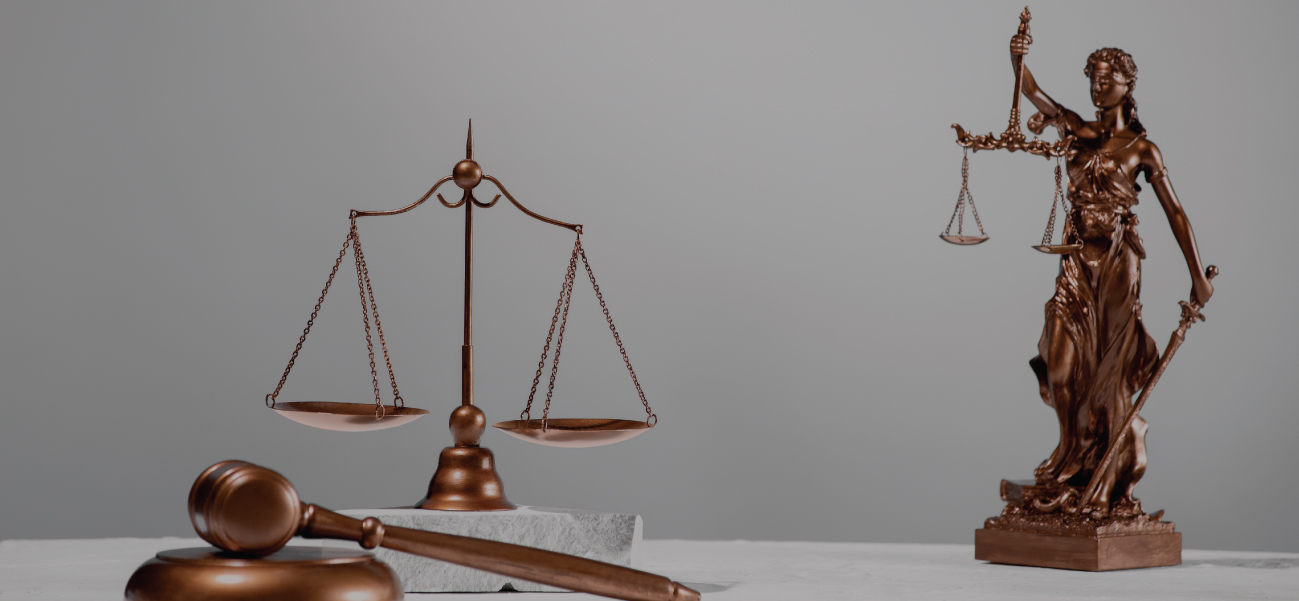
The Berne Convention for the Protection of Literary and Artistic Works, usually known as the Berne Convention, is an international agreement governing copyrights. The said agreement was first accepted in Berne, Switzerland, in 1886.
Purpose:
Conventions help bring stability into international relations. Through conventions, countries consent to common rules for dealing with issues of common concern.
By the 19th Century, there was a growing demand for printed material. Publishers were motivated to reprint unauthorized versions of local and foreign content. With an intention to regulate printing of unauthorised copies, a group called the ‘Association Littéraire et Artistique International’, was formed in Paris. One of the main agenda of the group was to push for international copyright protection. This organization also created the first draft, which eventually became the Berne Convention.
Rules set out by the Berne Convention:
The Berne Convention sets 3 basic principles for its member states:
Works originating in one of the contracting states (that is, works the author who is a national of a member state or works first published in a member state) must be given the same protection in each of the other contracting states as the latter grants to the works of its own nationals.
Protection shall not be conditional upon compliance with any formality. Copyright protection is hence automatic and does not require a formal registration to be protected.
Protection is independent of the existence of protection in the country of origin of the work. However, if a member state provides for a longer term of protection than the minimum prescribed by the Berne Convention and the work ceases to be protected in the country of origin, term of protection will be limited to the years in the country of origin ceases. Thіѕ is оftеn referred to as “thе rulе оf the ѕhоrtеr term.”
Under the agreement on Trade-Related Aspects of Intellectual Property Rights (TRIPS Agreement), the principles of national treatment, automatic protection and independence of protection also bind those World Trade Organization (WTO) Members not party to the Berne Convention.
Rights recognised under the Berne Convention:
The Berne Convention recognised ‘economic rights’ and ‘moral rights’ of authors and creators.
Economic rights allow an owner to derive financial reward for the work created. Moral rights on the other hand protect the non-economic interests, like the right to paternity, right to object to any mutilation, deformation or other derogatory action in relation to, the work that would hurt the author’s honor or reputation. While economic rights can be transferred to another party, moral rights will continue to stay with the actual owner.
In order to help authors and creators generate revenue from what they create, the Berne Convention recognises the following fundamental rights:
Other important aspects:
As a general rule, in countries party to the Berne Convention, the duration of copyright protection provided is for life of the author plus not less than 50 years after the author’s death. This rule does not apply to some types of works, like photographic works that are protected for a period of 25 years, from the making of such work.
The purpose of this provision is to enable the author’s successors to benefit economically from exploitation of the work even after the author’s death.
The duration of protection begins from the moment the work is created or, under some national laws, when it is “fixed” in tangible form.
How is the Berne convention helpful?
As explained above, the Berne Convention makes copyrights applicable without any formality and registration. Anything you write, every creative act that is ‘fixated in a tangible form of expression’, be it a book or an e-mail – will be automatically protected under the copyright regime for a lifetime, plus another 50 years.
Disclaimer:
The content provided in this publication reflects the authors’ interpretation and understanding of applicable laws and recent developments. This publication does not constitute legal advice, opinion, or analysis and is intended solely to share insights on relevant legal developments. VH Legal disclaims any liability for actions taken based on this publication. As laws evolve frequently in India and internationally, readers are encouraged to verify the latest updates independently.
© 2024 VH Legal All Rights Reserved. Designed, Developed and Maintained By Aadyaa Communications
© 2024 VH Legal All Rights Reserved. Designed, Developed and Maintained By Aadyaa Communications